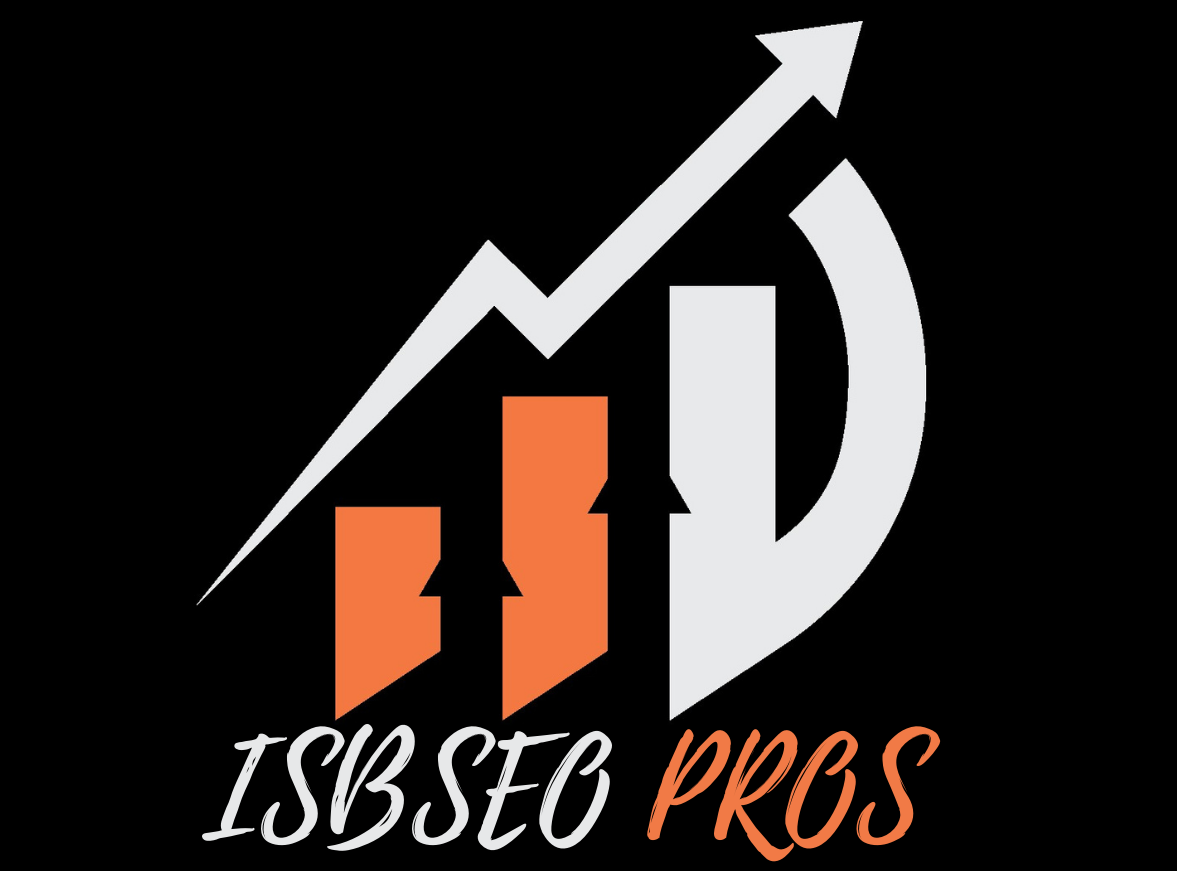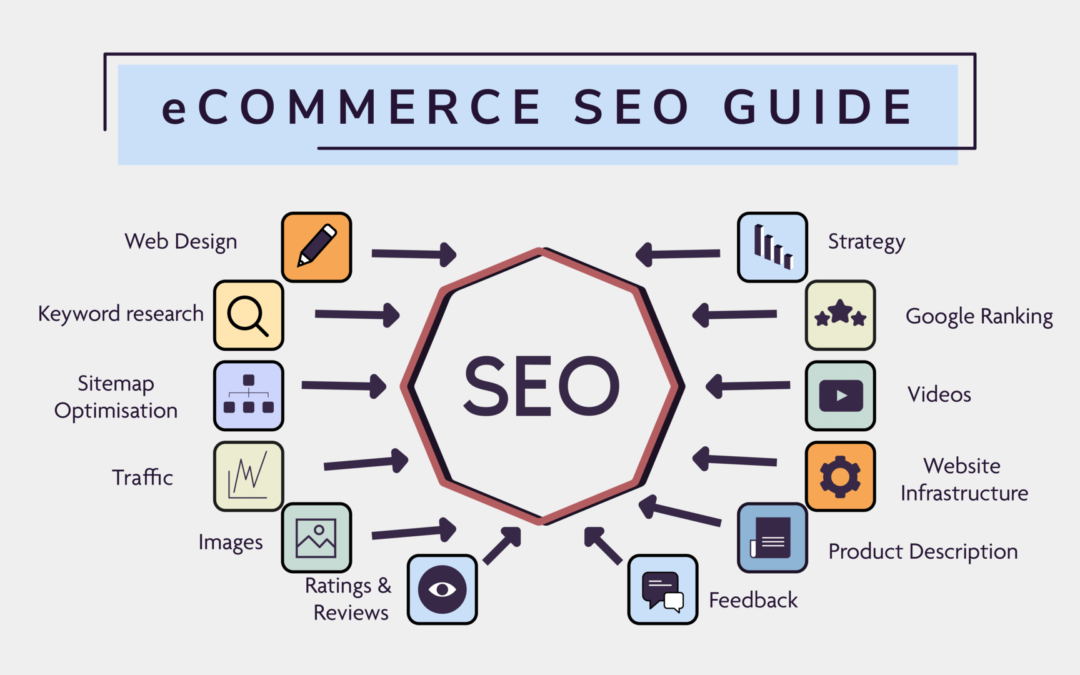Search engine optimization (SEO) is a crucial component of success for any eCommerce website. SEO is the practice of optimizing your website to rank higher in search engine results, which can result in increased organic traffic and ultimately more sales. By understanding how search engines work, you can use specific tactics to increase the visibility of your site, helping to drive more visitors and customers to your eCommerce store.
Keyword Research
Keyword research is a crucial part of SEO for eCommerce websites. Knowing which keywords to target can help your website rank higher in search engine results and increase the visibility of your products and services. To get started, you’ll need to analyze the competition, identify relevant topics and phrases, monitor trends in search behavior, and use tools that help you narrow down potential keywords. You can take SEO services for eCommerce to the next level by targeting your competition s keywords.
Start by researching what terms are used by competitors when they promote their products or services. You can also see which keywords have been successful for them in the past by looking at their analytics data or using keyword suggestion tools such as Google AdWords Keyword Planner. Once you’ve identified relevant topics, use online resources such as forums, blogs, and social media channels to identify popular phrases associated with those topics.
Optimizing Pages and Links
The importance of optimizing pages and links for SEO (Search Engine Optimization) on e-commerce websites cannot be understated. SEO is a critical component of any e-commerce website, as it helps to improve visibility in search engine results. Without implementing effective SEO tactics, potential customers may never find your site or product offerings.
Fortunately, there are some simple steps you can take to begin optimizing your pages and links to improve search engine rankings. Start by including relevant keywords throughout all page titles, headings, content and metadata. This will help you target specific audiences and ensure that they are able to find your products quickly and easily. Additionally, linking internally between pages is an important tactic for improving user experience as well as boosting search engine visibility for those important pages on the site.
Structured Data Markup
Structured data markup is a way for search engines to better understand the information on web pages. This can be hugely beneficial for eCommerce websites, as it helps them get found more easily by potential customers. By adding specific HTML tags to their page code, these stores can provide additional contextual information about their products and services. This gives search engines the ability to accurately classify them, which in turn can help boost visibility in organic search results. Structured data markup also allows businesses to create rich snippets that show up directly beneath the page title in SERPs (search engine result pages). These are often used to display product images, ratings and reviews or pricing information – all of which can significantly increase click-through rates from SERPs. Furthermore, structured data markup is essential for taking full advantage of Google Shopping Ads, as it enables stores to quickly upload their entire catalogs into Merchant Center.
Image Optimization
Image optimization is an important part of SEO for eCommerce websites. It is essential to ensure that your website’s images are optimized in order to maximize visibility on search engine results pages (SERPs). Optimizing images not only increases the chances of appearing on SERPs, but it also helps improve user experience by reducing loading times and making it easier for users to find relevant information.
Optimizing images requires attention to detail and a comprehensive understanding of SEO best practices. Image file names should include keywords related to the image’s subject matter and should be descriptive yet concise. Additionally, image size needs to be taken into consideration when selecting file formats as larger files can increase page loading times significantly. Lastly, adding relevant alt text or captions can help boost organic search rankings by giving your web pages more context with regard to content relevance.
Monitoring Results
Monitoring Results is an essential step in ensuring that your SEO efforts are effective for your e-commerce website. It’s important to measure the impact of your SEO initiatives on key metrics such as organic search rankings, traffic, and conversions.
There are a variety of tools available to help you monitor results and analyze data related to your e-commerce site’s performance in organic search. Google Analytics provides detailed reports on organic search traffic that can be used to identify areas of improvement and track trends over time. Additionally, there are tools specifically designed for tracking keyword rankings, which allow you to monitor where individual keywords rank over time and how they compare against competitors in order to optimize content accordingly.
Conclusion
The conclusion of SEO for e-commerce websites is that it is a crucial element in any online business, and the right strategies should be implemented in order to ensure optimal results. SEO can help businesses to increase visibility, attract more visitors, and ultimately generate more revenue. With the right SEO plan in place, an e-commerce website can become a powerful asset for any business.
When implementing SEO strategies for an e-commerce website, it’s important to keep track of analytics and trends so that you can make adjustments as needed. Market research is also essential when determining which keywords are most effective at attracting target customers. Finally, don’t forget about creating quality content that provides value to your audience – this will help you establish trust with potential customers and encourage them to come back again and again.

